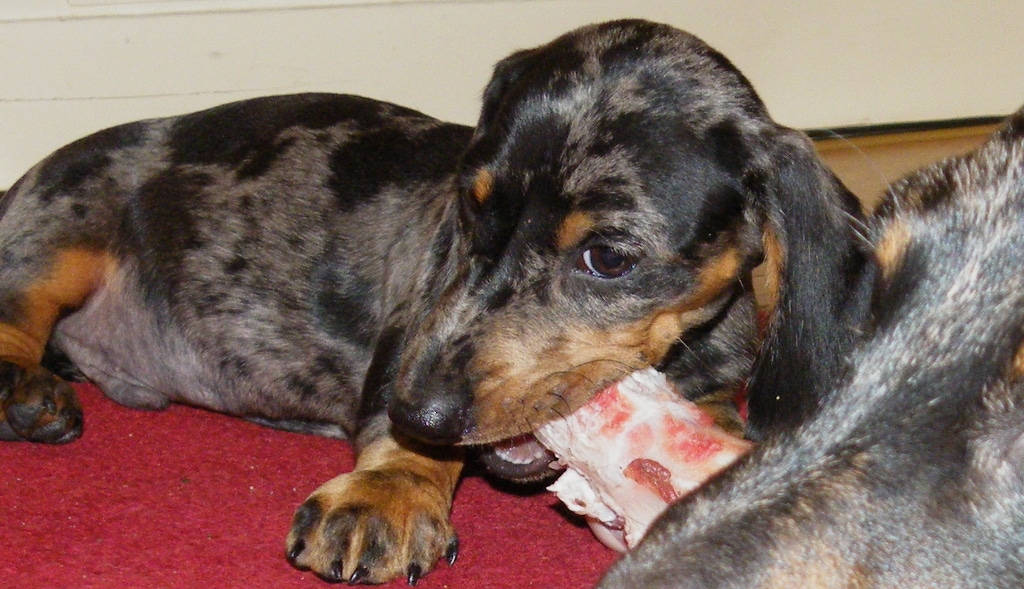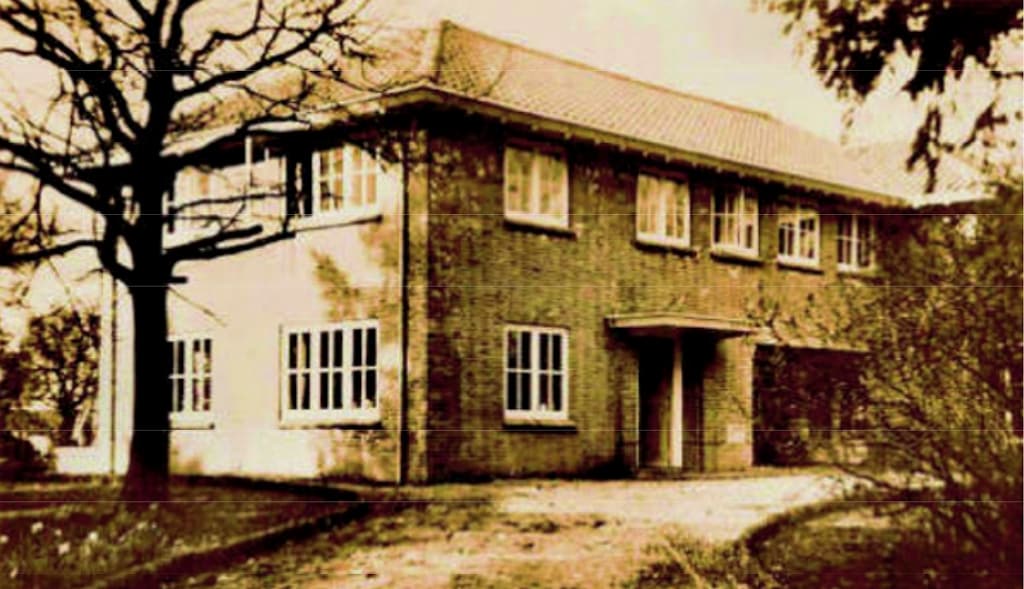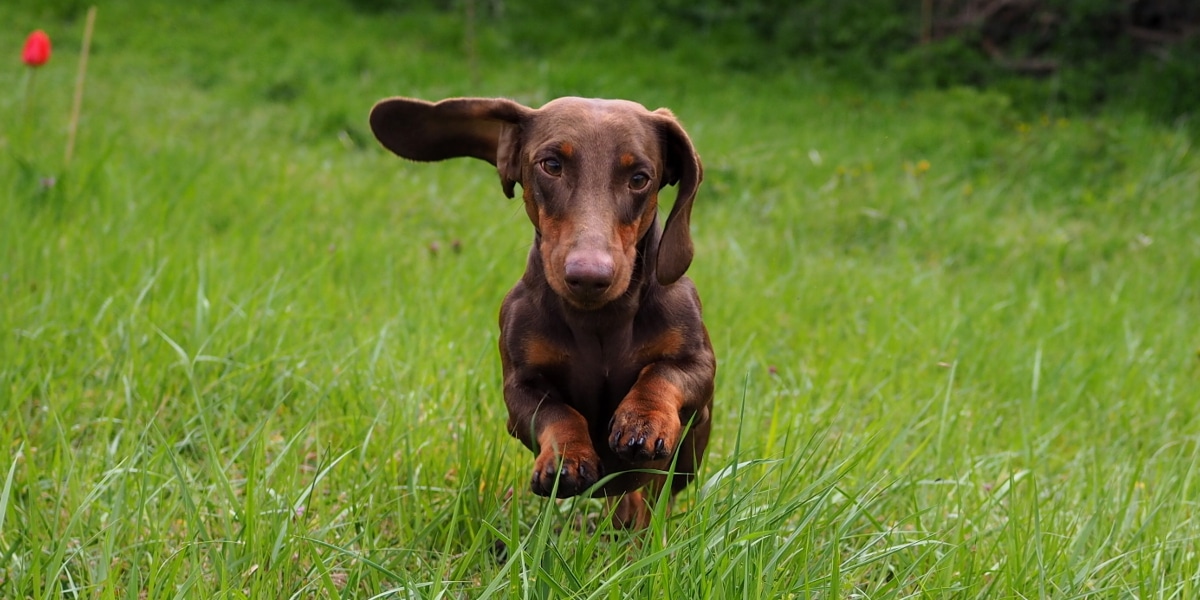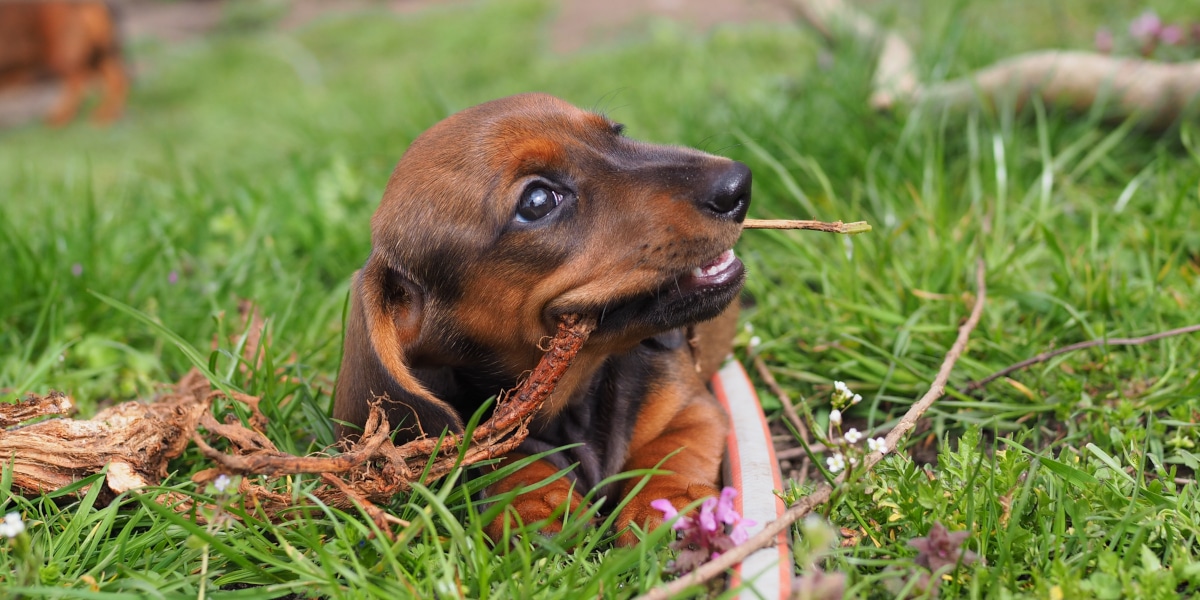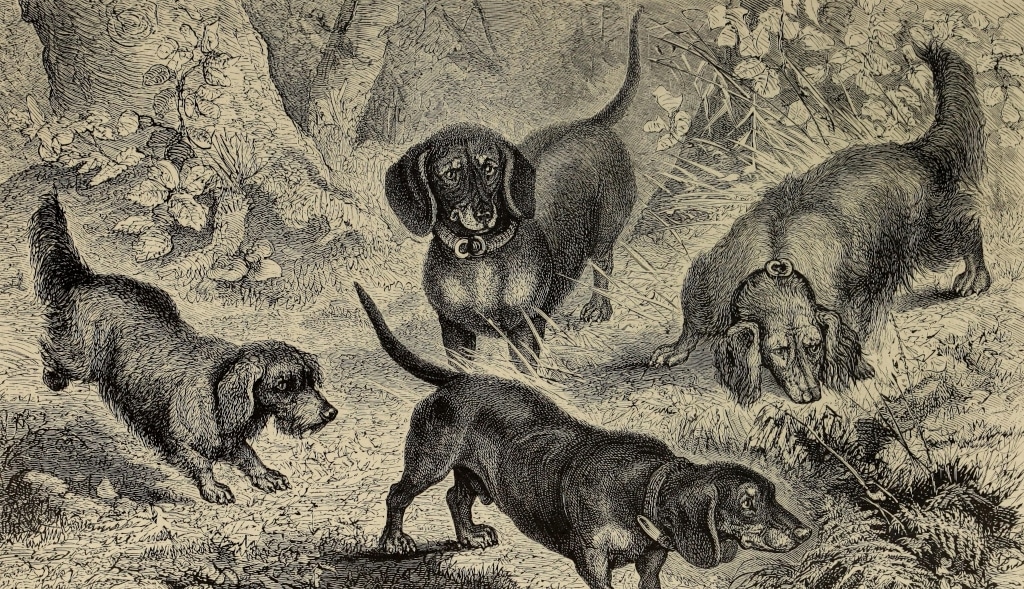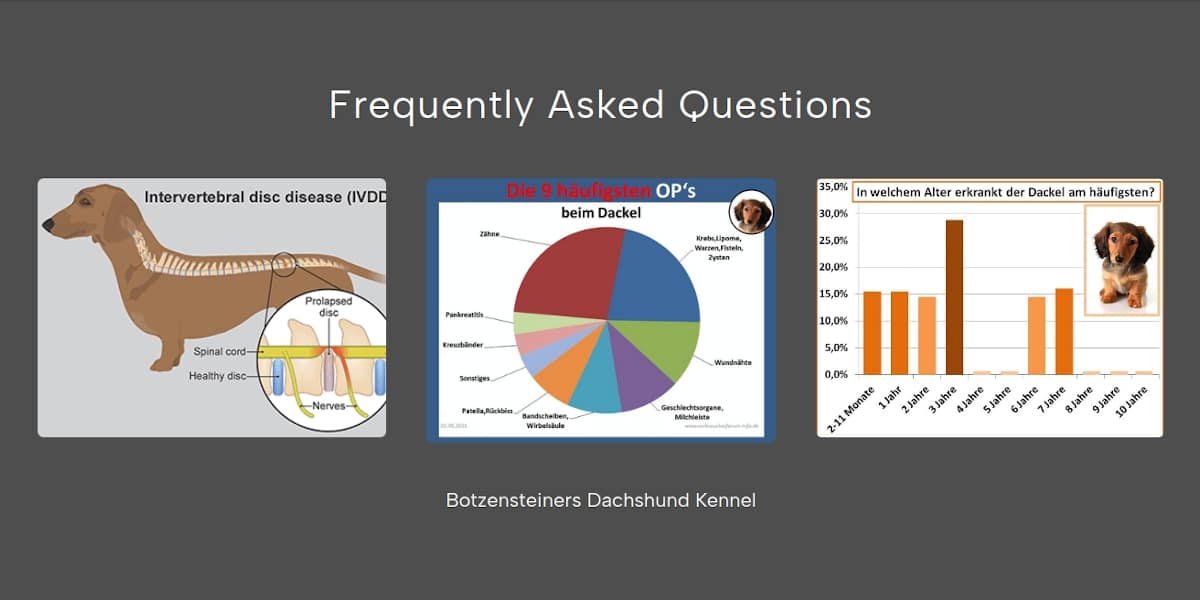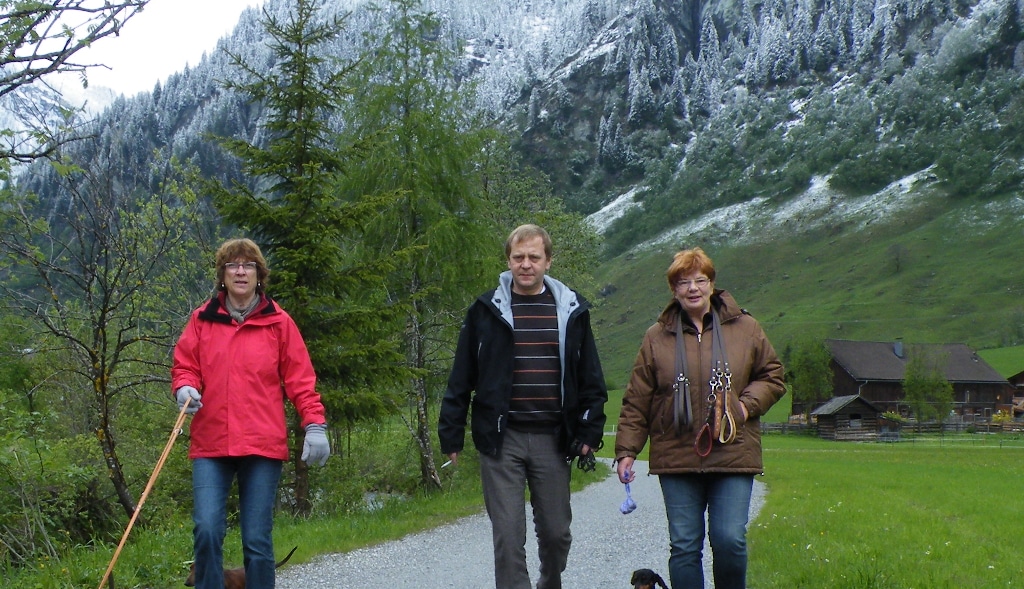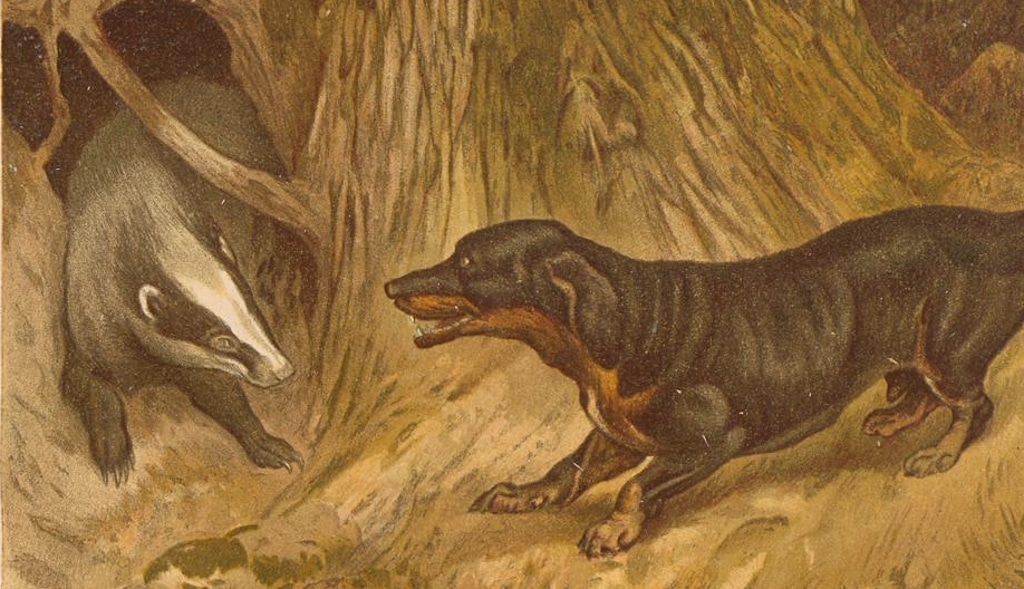Not at all.
Neutering almost certainly promotes the occurrence of haemangiosarcomas, the notorious spleen tumours. With regard to cruciate ligament ruptures, it also seems to be clear that these injuries occur much more frequently in neutered animals. The connection between neutering and a common disorder in older dogs, hypothyroidism, is now also fairly clear. To reduce the risk of IVDD, it is also particularly important that the growth hormones have time to do their vital work on the skeleton, ligaments and muscles.
In our opinion, neutering should only be performed in dogs with compelling medical indications.
An objective reading of the veterinary medical literature reveals a complex situation with respect to the long-term health risks and benefits associated with spay/neuter in dogs. The evidence shows that spay/neuter correlates with both positive AND adverse health effects in dogs. It also suggests how much we really do not yet understand about this subject.
Long-Term Health Risks and Benefits Associated with Spay / Neuter in Dogs
Laura J. Sanborn, M.S.
May 14, 2007





